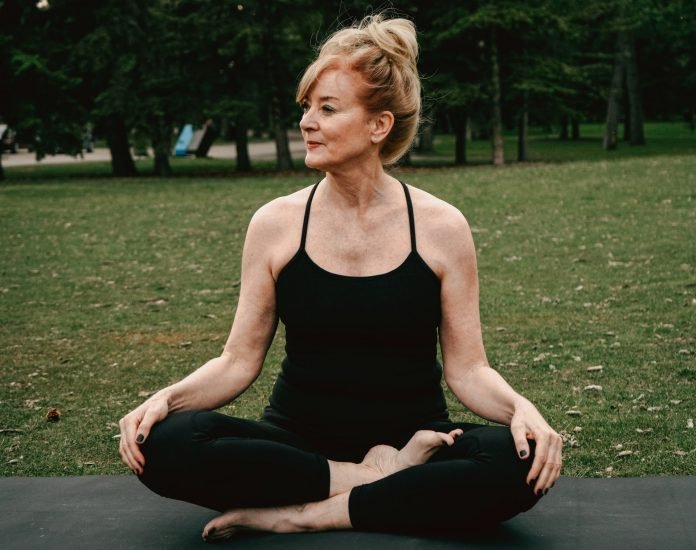
In a new study, researchers found that small lifestyle changes such as diet and exercise could influence brain aging through certain molecular pathways.
This means changing lifestyles could be ways to delay potential memory loss.
The research was conducted by a team at King’s College London.
In the study, the team focused on neural stem cells (NSCs), which are a group of cells located in the hippocampus, an area of the brain that plays an important role in memory.
NSCs continually divide to make more cells, which makes them crucial to memory.
According to the team, nutrient-sensing pathways respond to lifestyle factors, including things such as diet and exercise.
They also help stimulate changes in the way cells behave. As such, these pathways give a molecular link between lifestyle and memory and maybe it can demonstrate why people’s memory is differently affected by aging.
The researchers used a novel back-translation approach to show that variations in the gene ABTB1 are linked to performance on a typical memory task.
In addition, variation in the gene GRB10 is an important factor in determining the link between the Mediterranean diet and memory performance.
The team also found a link between exercise levels and the SIRT1 genotype. The genotype seems to play a part in the performance of memory.
The findings show that nutrient-sensing pathways play an important role in memory function.
They also suggest that the ABTB1 and GRB10 genes are likely molecular links for the association between diet, the aging of neural stem cells, and the memory ability.
The findings could help develop new approaches to help improve the healthy aging process.
The lead author of the study is Chiara de Lucia from the Institute of Psychiatry, Psychology & Neuroscience (IoPPN).
The study is published in Communications Biology.
Copyright © 2020 Knowridge Science Report. All rights reserved.



